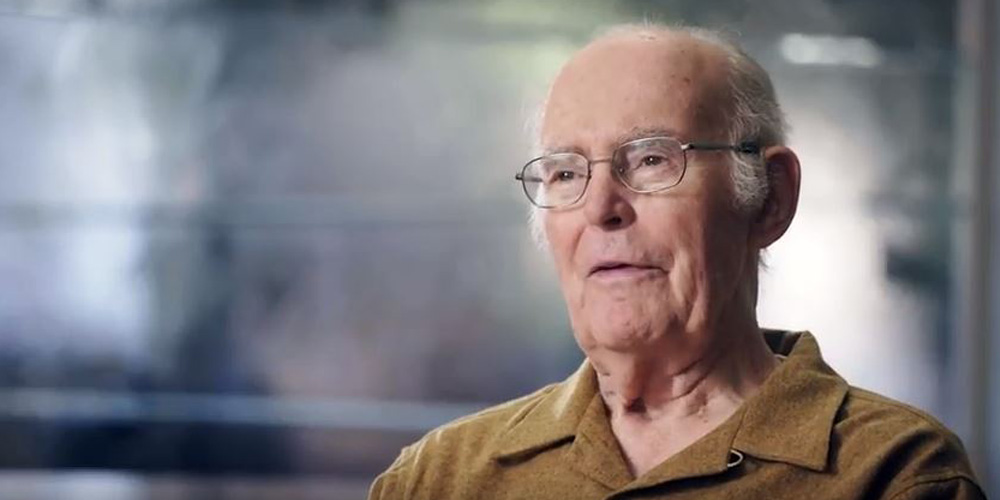
Computer pioneer Gordon Moore is one of the great technological visionaries, not only helping create the silicon chip, but also the personal computer revolution that led to the rise of Silicon Valley. In tech circles, his name is associated with “Moore’s Law,” which states that the number of transistors that fit on a computer chip will double each year. He predicted this in 1965, and three years later he co-founded Intel Corporation. Intel is now the world’s largest chipmaker, a multibillion-dollar behemoth that employs more than 85,000 people and controls more than 80% of the PC microprocessor market.
Over the years, he has served in several positions at Intel, including Executive Vice President, CEO, and Chairman of the Board. Under his leadership from 1975-1997, Intel grew from a Mountain View, California-based startup to a giant of Silicon Valley now worth more than $140 billion. And yet, for all the acclaim he has received in the world of semiconductors, he is equally well known for his philanthropic work. In 2000, along with his wife, he launched the Gordon and Betty Moore Foundation. A juggernaut in the world of charity, it has over $6 billion in assets and gives away $300 million a year in grants. Meanwhile, as of March 2021, his net worth is reported to be $12.6 billion.
Prior to his illustrious career, he enrolled at the California Institute of Technology in 1950 as a graduate student. With WWII but a few years past, and the army's guided-missile lab a few miles away from the Pasadena campus, Caltech was one of the best places to be for innovation in the world of electronics. Some of the luminaries on the Caltech faculty at the time included Linus Pauling and Richard Feynman. In fact, his ability to support himself came from a two-year teaching assistantship under Linus Pauling, who had a tendency in the classroom to "talk about whatever he was interested in that week" – thus leaving the actual teaching to graduate students like him. Undoubtedly, the new milieu in which he found himself energized him, encouraging him to dive deeper into physical chemistry, instrumentation, experimentation, and physics. In 1954, he received a PhD in Chemistry while minoring in Physics.
If it was possible to see the actual fingerprints of a university benefactor, then his would be all over the campus of his alma mater. In 1983, he joined the Caltech Board of Trustees, serving as Chair from 1993 to 2000. In 2002, he received the Bower Award for Business Leadership, and the next year he was elected a Fellow of the American Association for the Advancement of Science. In 2001, he and his wife donated $600 million to Caltech, which at the time was the largest gift ever to an institution of higher education. "For Caltech to remain unique," he explained, "it will need a lot of resources to support its far-reaching activities. Hopefully, our contribution will inspire others to support these important endeavors.
